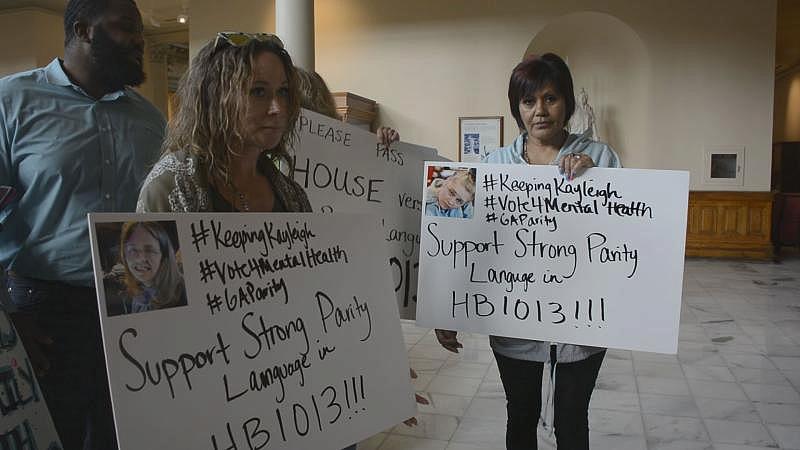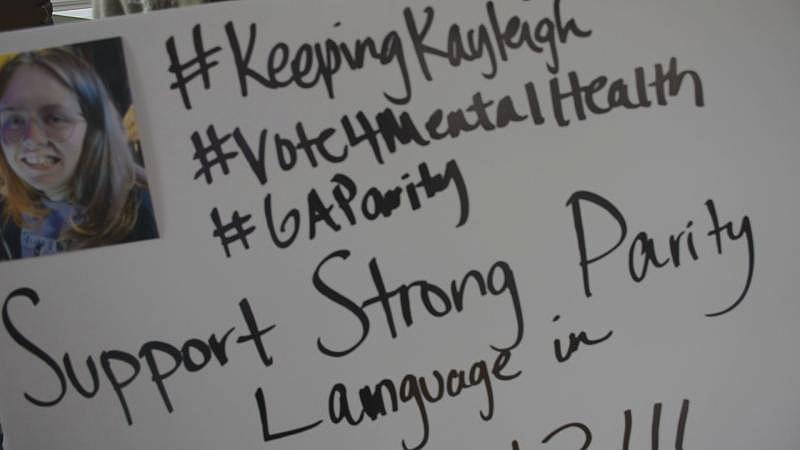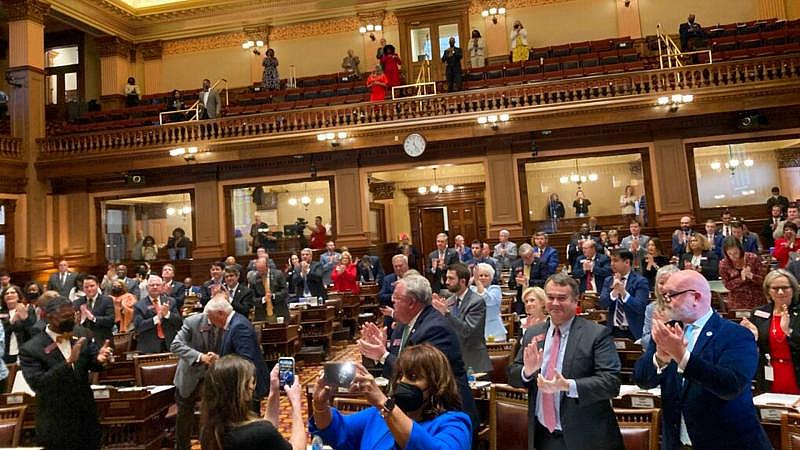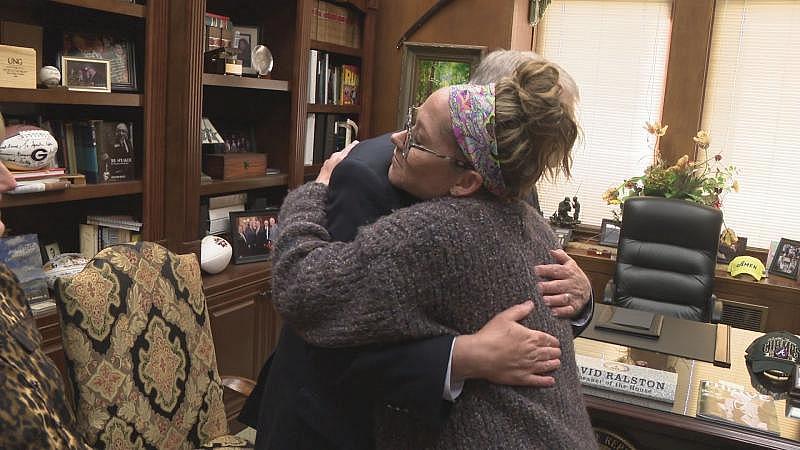Georgia families struggling with access to mental healthcare will soon see changes
This story was produced as part of a project for the 2020 Data Fellowship, a program of the USC Annenberg Center for Health Journalism.
Other stories by Rebecca Lindstrom include:
Mom says she left note with abandoned child, police never found it
Sexual exploitation, just one more danger to a mental health crisis
Broken furniture, broken hopes: Georgia mom stuck in loop trying to get help for son with autism
Teen finds team to score touchdown in life: How new DFCS program could prevent child abandonment
Homeless. Jail. Sexually exploited. The Game of Life never talked about this.
'I don't want to hurt nobody' | Woman with autism confronted by police
Georgia lawmakers commit to tackling child abandonment in next legislative session
ATLANTA — Georgia lawmakers promised to make mental health a top priority this session and advocates say they delivered.
For more than a year, 11Alive's investigative #Keeping series exposed gaps in Georgia's mental health care system that caused thousands of children to be surrendered to state custody. Reveal investigator Rebecca Lindstrom has shared their stories. These are families with children that have severe emotional, developmental or behavioral issues that keep getting denied care.
With the passage of the Mental Health Parity Act, insurers are required to provide equal coverage for behavioral health care.
The new budget allows 500 people to get what’s called a 'NOW or COMP' waiver. Those waivers help people like Kayleigh who lose important services after they turn 18. There are 7,000 people currently on the waiting list for those waivers, which pay for services to keep someone out of a nursing home or mental health hospital.
"It’s been such a long walk to get here, you’re almost numb to it. We’ve been talking the talk and now we’re walking the walk," Kayleigh's mom Christina Henry said.
Another bill that passed outlines how the state will help police departments team up with mental health workers when responding to 911 calls. The goal is to decide who needs to go to jail and who needs treatment.
Forsyth County said its specialized team responded to 381 calls last year – only three of those ended in an arrest.
A number of study committees also passed ranging from how much a therapist should get paid to why kids keep falling through the cracks. Those reports will likely keep mental and behavioral health a focus in next year’s legislative session.
Georgia lawmakers pass HB1013
11Alive 11Alive AP / Georgia House members applaud after they voted 166-0 for final passage of a sweeping mental health bill on Wednesday, March 30, 2022 at the state capitol in Atlanta. House Speaker Savid Ralston, R-Blue Ridge, spearheaded House Bill 1013 after years of study (AP Photo/Jeff Amy) 11Alive



[This article was originally published by 11Alive.]
